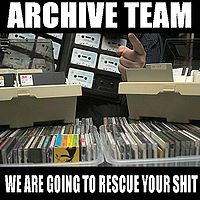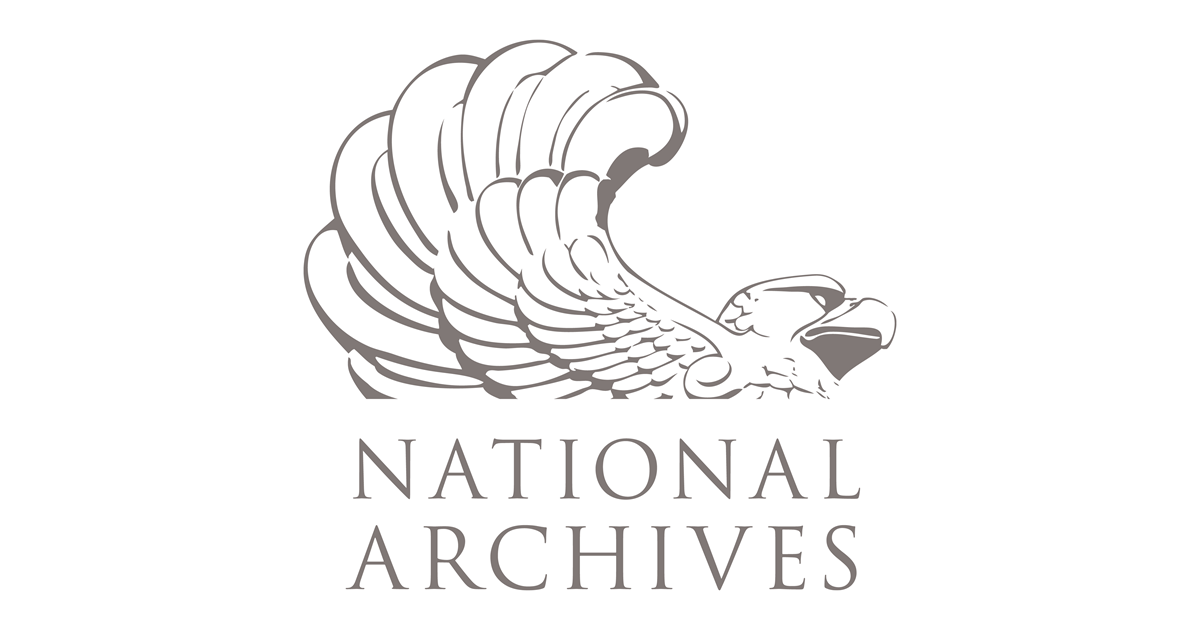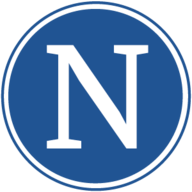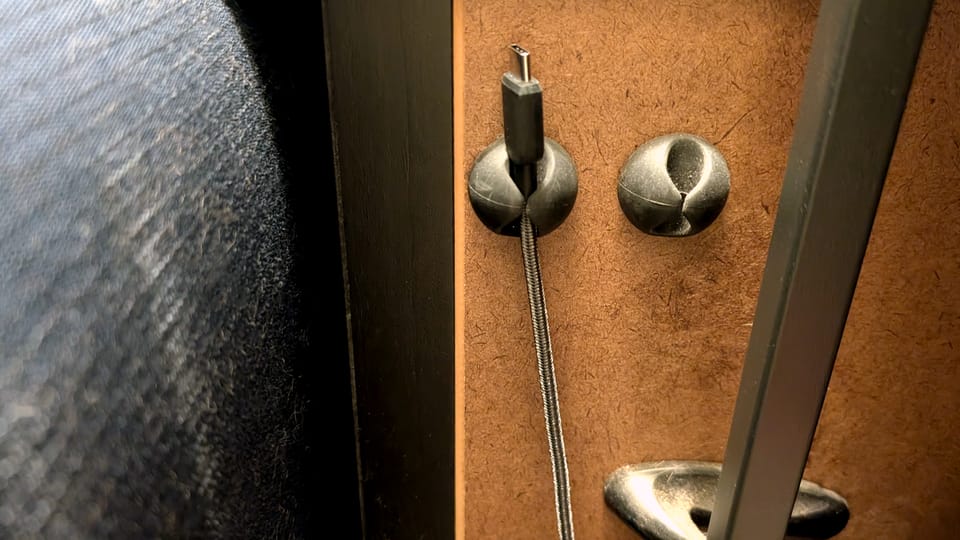One Practical Thing: Protect Information
Identify a particular area of information that you care about or feel is important and protect it.

The enemy of control is information. Book bans (historically book burning), data purges, the wiping of websites and logs are all common acts by those who seek to re-write and overwrite a history that does not support their actions.
Knowledge, history, community discourse and our recorded narratives are all critical elements to a free and participatory society.
“All knowledge is worth having.”
― Jacqueline Carey, Kushiel's Dart
Much of Project 2025's documentation is about getting rid of references to things like gender identity, sexuality, reproductive healthcare, and information about science and climate. There is much work to be done to protect as much data as possible and to preserve information for future use. Aside from that, we don't know which information will become at risk dependent on future political movements, funding gaps, legislation or bad actors.
One practical thing you can do in as much depth as you like, identify a particular area of information that you care about or feel is important and protect it. Whether it's critical public data, old abandoned websites, or niche community content that you think is worth preserving, the information is worth saving.
While there are many efforts to archive data, the web is so vast and the need is so great, that all help is needed. If there's some small piece of the internet you care about, you can save it.
You can do this in numerous ways. Select which one you feel is most appropriate for your capacity and for the sensitivity of the information.
Contribute to ArchiveTeam
Archive Team is a collective of volunteers pulls data and scraping information from sites that are in danger of disappearing. You can contribute by downloading their tools and contributing links or by cleaning up information to make it more usable and accessible.

Contribute to End of Term Web Archive
The End of Term Web Archive captures and saves U.S. Government websites at the end of presidential administrations. You can contribute to this project by adding URLs of government sites that should be preserved. As of this post, there are only 1,075 nominated URLS for the Biden presidency, which mean there is much that is missing and only a couple months left to save it.
Download a copy of Wikipedia
Concerned about your access to Wikipedia, privacy or capturing entries at a specific moment in time? You can download a copy of Wikipedia's data. All text content is licensed under the Creative Commons Attribution-ShareAlike 3.0 License (CC-BY-SA), and most is additionally licensed under the GNU Free Documentation License (GFDL). Wikipedia makes available various versions of information dumps that you can access.
Download data and save it
Some types of data and information simply won't make it on to established archiving projects priority lists due to the sheer scope of the challenge. But that doesn't mean it's not worth saving. You can save it. Whether it's old repositories of PDFs full of data that can be downloaded, lists of books or old forums of recipes or instructions. If it's something important to you or that you think may be important to others later and at risk of being lost, you can save it.
Online storage is cheap, though it does come with risks should the storage provider have terms that might result in the deletion of data pending future legislation.
Physical storage is also becoming more affordable. A 1TB solid state drive is about $100 and that's enough storage to hold thousands of files.
If you are downloading data:
- Make sure you are following the terms of service for the site you are using and you are properly respecting copyright and licensing. (This is about protecting information from being lost, not pirating people's IP.)
- Document what you have saved, any metadata or narrative data about the material in a text file that you keep with the data.
Interested in Managing a Niche Archiving Project?
There are a variety of best practices that might apply to the topic that you care about. And there are definitely experts you can reach out to for guidance.
If you are part of a community that collectively creates or consumes information about a specific topic, engage with your community members about what steps you can take as a group to protect your works and information of interest to your community.



One Practical Thing is a series of posts about practical, tactical actions for personal wellbeing, building community, contributing to the collective good and protecting vulnerable people, places and things.









